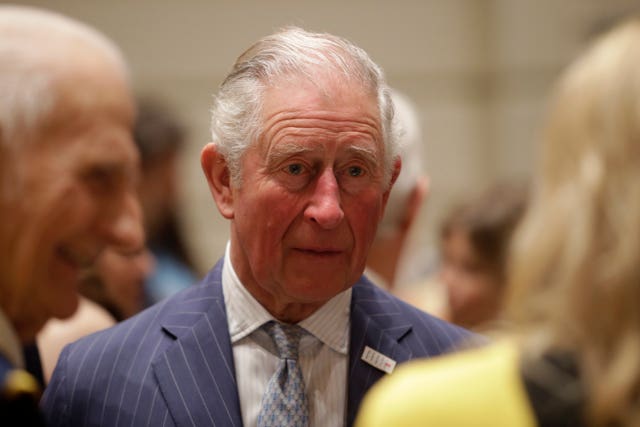
The Prince of Wales has paid tribute to Wordsworth’s ability to capture the “power of the landscape to move us”, as he marked the 250th anniversary of the poet’s birth.
Charles said that, for this reason, it is important landscapes are “preserved”, during a radio broadcast in which he read Wordsworth’s poem Tintern Abbey.
The prince, who completed a period of self-isolation after testing positive for coronavirus, recorded the verse, for BBC Radio 4’s Today programme, at Birkhall, his Scottish home, on Sunday.
Today marks 250 years since the birth of poet William Wordsworth and to celebrate, The Prince of Wales has recorded an excerpt from his poem ‘Tintern Abbey’ for @BBCr4today.
HRH has been Patron of @WordsworthGras since 1996. #Wordsworth250 pic.twitter.com/KIbPHaRM8l
— Clarence House (@ClarenceHouse) April 7, 2020
Charles, who is patron of the Wordsworth Trust, said in the broadcast, which aired on Tuesday: “I chose this poem by Wordsworth because, funnily enough, I know that rather wonderful area around Tintern Abbey, up the Wye Valley.
“I can understand so well the way in which, I suppose for Wordsworth and as for a lot of other people, the power of the landscape to move us is something rather profound.
“I found myself struggling, for instance, to paint a watercolour of a landscape.
“But, in a strange way, when you sit and observe it, very carefully, and you observe the movement of the clouds, the light and everything else on the landscape, the extraordinary thing is that you almost feel the landscape, you almost feel its heart and soul, as it were.”

He went on: “To me, Wordsworth captures so well the power of the landscape to move us in a profound and extraordinary way. That is why, of course, landscapes – why we need to preserve them and we need to understand that man working in harmony with nature is absolutely crucial.
“So, this poem, I found ends in this extraordinarily moving and special way, so it’s one of my favourites.”
William Wordsworth was born in Cumbria in 1770 and became a celebrated English Romantic poet who helped usher in a new form of verse with the Lyrical Ballads published with Samuel Taylor Coleridge.
He was made Poet Laureate in 1843 and held the position until his death at the age of 80 in 1850.


Comments: Our rules
We want our comments to be a lively and valuable part of our community - a place where readers can debate and engage with the most important local issues. The ability to comment on our stories is a privilege, not a right, however, and that privilege may be withdrawn if it is abused or misused.
Please report any comments that break our rules.
Read the rules here